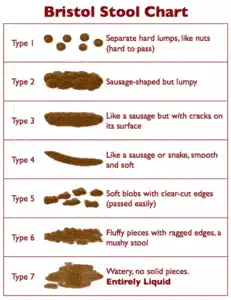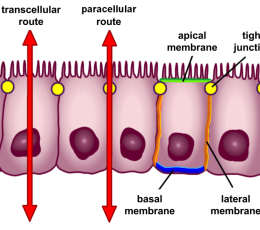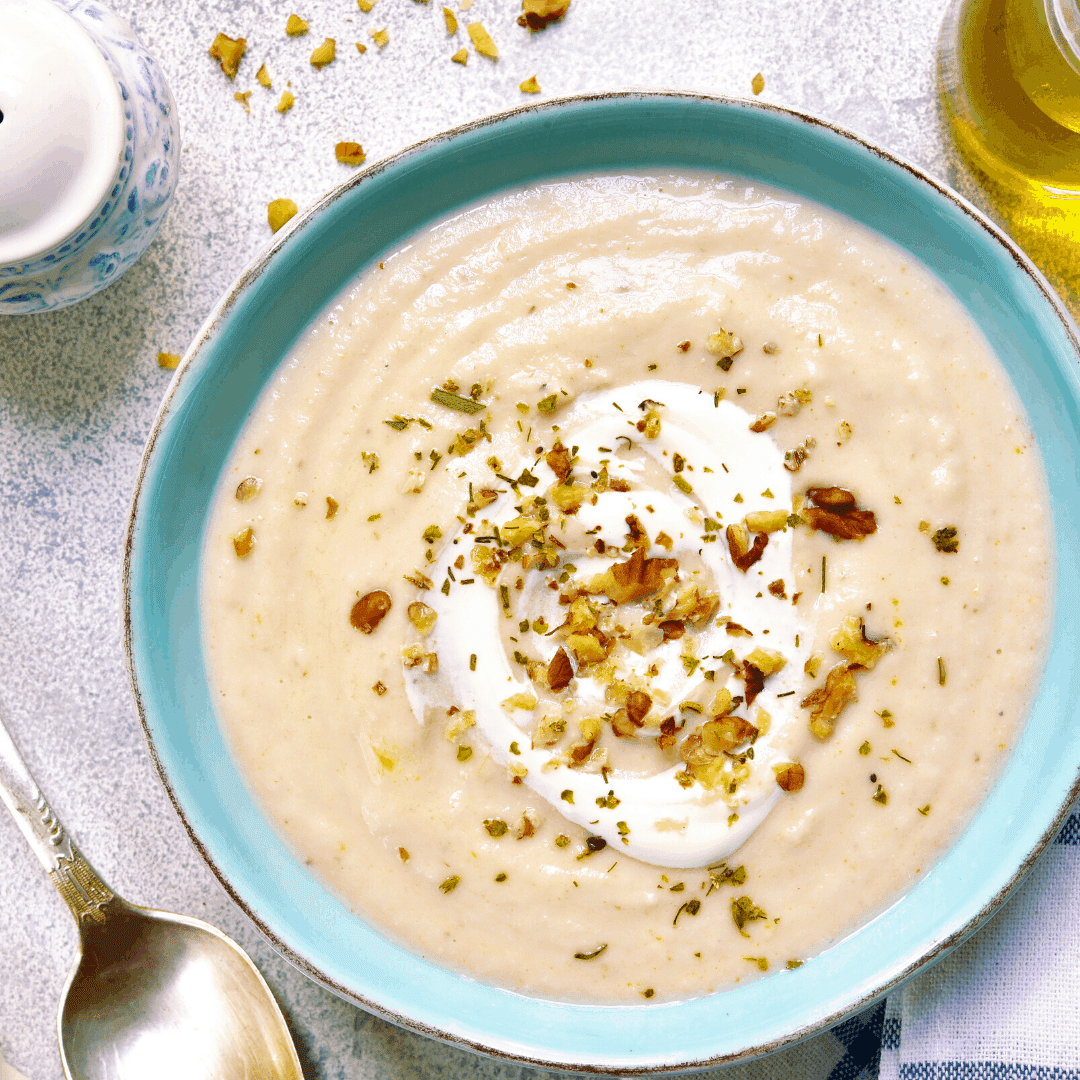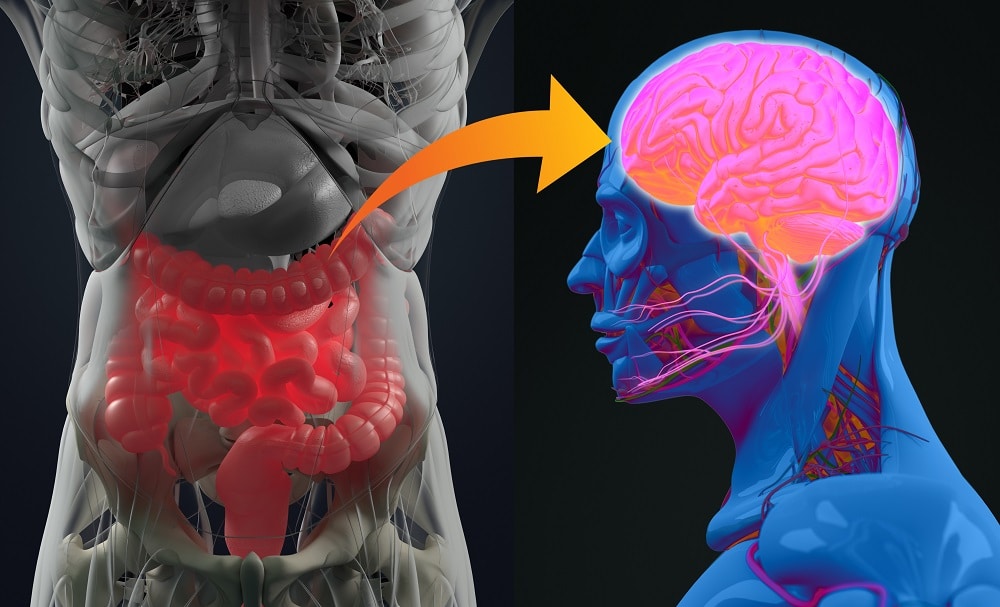What do you think of when you hear the word constipation? The symptoms are a lot broader than you may think. It’s not always struggling to pass a bowel movement, or spending a long time sitting on the toilet! Constipation can also mean infrequent bowel movements. What are the common causes of constipation? And which are possibly causing your issues?
Read on to find out what may be causing your toilet troubles and how to help them.
Symptoms of Constipation
The symptoms for constipation may be a lot broader than you think. Here are the most common symptoms you may experience.
- Abdominal discomfort, pain and bloating. Your clothes are not fitting as well as usual (beyond body fat issues!). You possibly feel better after passing stool or gas.
- Rectal discomfort. Do you get bleeding from pushing too hard? Or pain or a burning sensation in the anal area?
- Infrequent bowel movements. Ideally you should have a bowel motion every day. Less than this suggests a possible problem.*
- Hard stools – see the Bristol Stool Chart to grade your stool. Number 4 is considered the “perfect poop”. If you’re routinely number 1-3, this indicates sluggish digestion.
- Sensory dysfunction. This means not having the urge to go or a sense of incomplete evacuation.
- Flatulence
- Overly noisy or unsociably smelly gas.
- Diarrhoea/loose stool (number 5-6 on the Bristol Stool Chart). While this seems to suggest the opposite problem, it can indicate what’s known as “retention” (severe constipation) with overflow. That happens when loose faecal material slips around the edges of hard stool.
- Faecal incontinence or uncontrolled leakage

Could Lack of Fibre be my Problem?
In our clinic we often see people who’s symptoms have worsened when they increased the fibre in their diet. If this has happened to you, it is a major clue that you may have small intestinal bacterial overgrowth (SIBO).
Drink your Fluids
Medications
Some medications can cause constipation. If you are on any of the following then they could be playing a part in your problem:
- Antacids (acid blockers)
- Antidepressants
- Calcium channel blockers (for blood pressure)
- Diuretics (for blood pressure – sometimes called “water pills”)
- Iron supplements
- Some pain medications, such as Tramadol, Panadeine, Codeine, and others.
- Parkinson’s disease medication
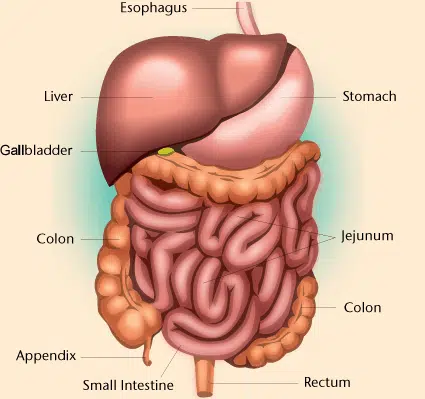
Lifestyle

Certain Health Conditions
- Depression
- Hypothyroidism
- Inflammatory bowel disease
- Metabolic syndrome and Diabetes
- Irritable bowel syndrome (IBS)
- Neurological conditions, such as stroke, Multiple sclerosis, Parkinson’s disease
- Uterine fibroids
- Pregnancy
- Bowel cancer
- SIBO, or simply a high growth of methane-producing bacteria in the gut. (We measure methane when you do a breath test)
- Hypermobility disorders
Nutrition & a Natural Medicines Approach to Help Constipation
Make an appointment to see one of our clinicians if you are experiencing chronic constipation. At the initial appointment, we’ll gather a full history regarding your health, lifestyle, digestive function and diet to inform a customised approach to address underlying factors and get you moving again.
If you are experiencing symptoms of constipation please get in touch with one of our team.
* While in medical circles, pooping once every third day is considered adequate, it is certainly not optimal. The longer faecal material sits in the intestines, the more likely you are to have other problems.
